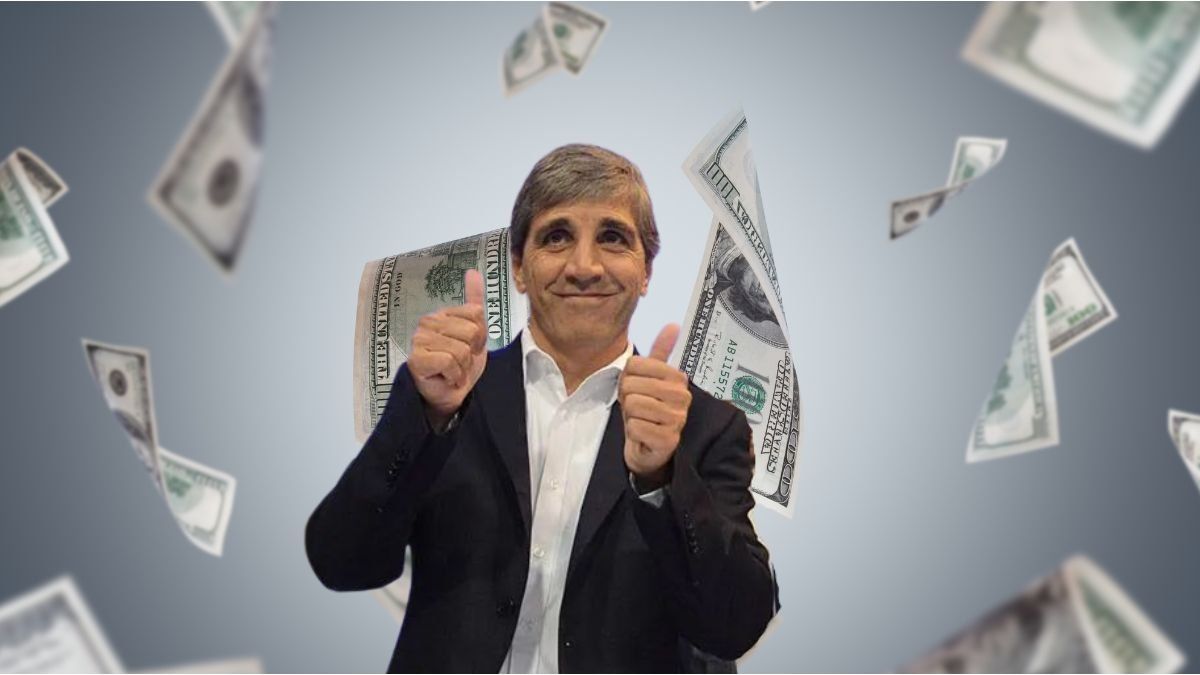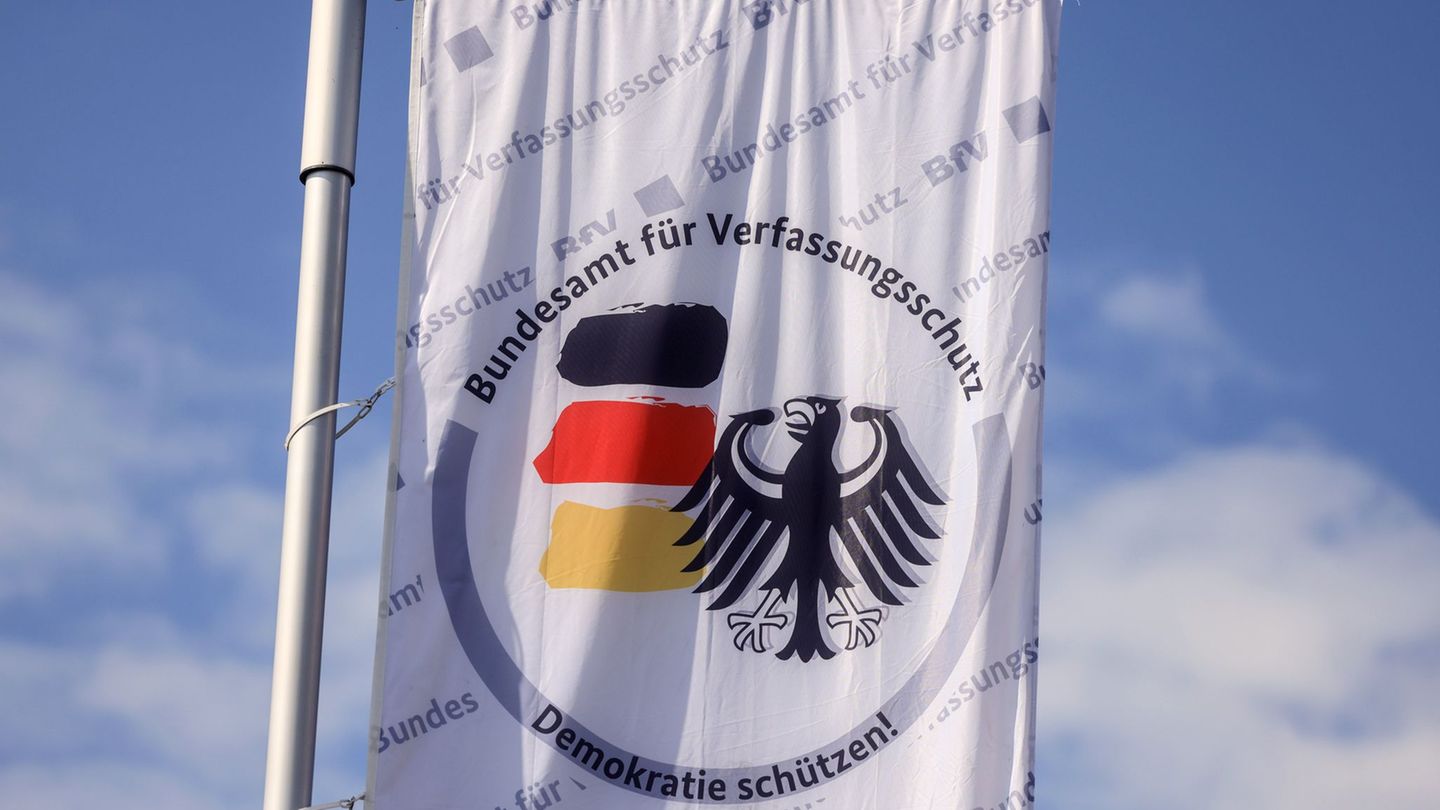With almost all of the votes counted, Freedom Advances (LLA) It prevails in 16 of the 24 jurisdictions in the Deputies segment and in six of the eight that elect senators, particularly highlighting the unexpected victory in the province of Buenos Aires, a historic bastion of Peronism. If there are no significant changes, it would retain 92 of the 257 legislators in the lower house (36%) and 19 of the 72 legislators in the upper house (26%).
Faced with the news, the so-called “crypto dollar”which operates 24 hours a day, It plummeted almost 7% daily and pierced $1,490 on average. It is worth noting that the official wholesale exchange rate closed last Friday at $1,492 (almost at the ceiling of the band), while, in commercial banks, the retail price ended around $1,515.
In the run-up to the elections, the market was speculating, broadly speaking, with three scenarios: one derived from an official victory, one derived from a defeat, and one in between. Although it is difficult to predict the future, the verdict of the polls confirms the premise of the first of the mentioned scenarios, which makes provide for a continuity of the band regime.
A marked decline in the dollar and the continuity of the bands are expected: what will happen with the US intervention?
In this new context, the transition towards a greater float is practically ruled out, although some doubts remain regarding an adjustment in the values of the floor and ceiling of the bands.
“I see the exchange rate quite calm, with the dollar falling sharply at the beginning of the week, and probably trading between $1,300 and $1,350. In that sense, I believe that the demand for coverage will cease to exist and the US will not have to intervene anymore.“predicted in dialogue with Ámbito Federico Machadoeconomist at the Policy Observatory for the National Economy (OPEN).
“Going forward we will see what measures the economic team takes. I think they won’t release the bands. It would be good to lower reserve requirements and open the stocks to companies. If they buy reserves, the better,” he said.
For its part, Pablo Moldovandirector of the consulting firm CP, also projects that portfolio dollarization will moderate, and does not even rule out a reversal of the dynamic, with investors selling dollars in the market. However, he clarified to this medium that he still “new developments will be needed to give the scheme a medium-term perspective”. Regarding the role of the United States, he believes that support will be maintained, but “that direct intervention no longer has a reason for being“.
The financial analyst Christian Butler He pointed out that, although he does not consider that the current exchange rate is backward, what was needed was to find a balance between the supply and demand of foreign currency. On the demand side, he warns that, with the electoral result, “he should relax”although he warned that on the supply side “we have a problem going forward.”
“If the exchange rate falls, North American intervention has to end. The question is when the US is going to buy back its dollars and what will happen at that time“, he said in relation to the preponderant role that the US Treasury had in containing the pressures in the Free Exchange Market (MLC).
Accumulation of reserves and debt maturities: the two challenges for the Government facing the city
Beyond the relief that these elections give the economic team, Buteler thinks that “A change towards a freer exchange rate regime would be goodwhere reserves can be purchased without fear that this will push the price towards the ceiling of the band.” However, does not believe that the Government will go in that direction, “especially if the dollar stabilizes between $1,350 and $1,450, as expected“.
José Ignacio Banospecialist in the capital markets, expressed that “Now Argentina can say that it is guaranteed to pay the debt for the next two years, especially when the agreement with the US would be ratified.“In that case, the country risk may fall below 500 points in the next two months, a fact that would prevent activating the agreement with Donald Trump,” he asserted.
The testimonies show that The expectation of greater calm in the exchange market is unanimous among economists, with falls in the different prices. At the same time, Trump’s support can guarantee, directly or indirectly, the economic team the dollars to pay the debt, although It remains to have greater clarity about the conditions of the agreement with the US. Meanwhile, the ruling party should dedicate efforts to accumulating reserves and reactivating a real economy that has been in the doldrums since February.
Source: Ambito




